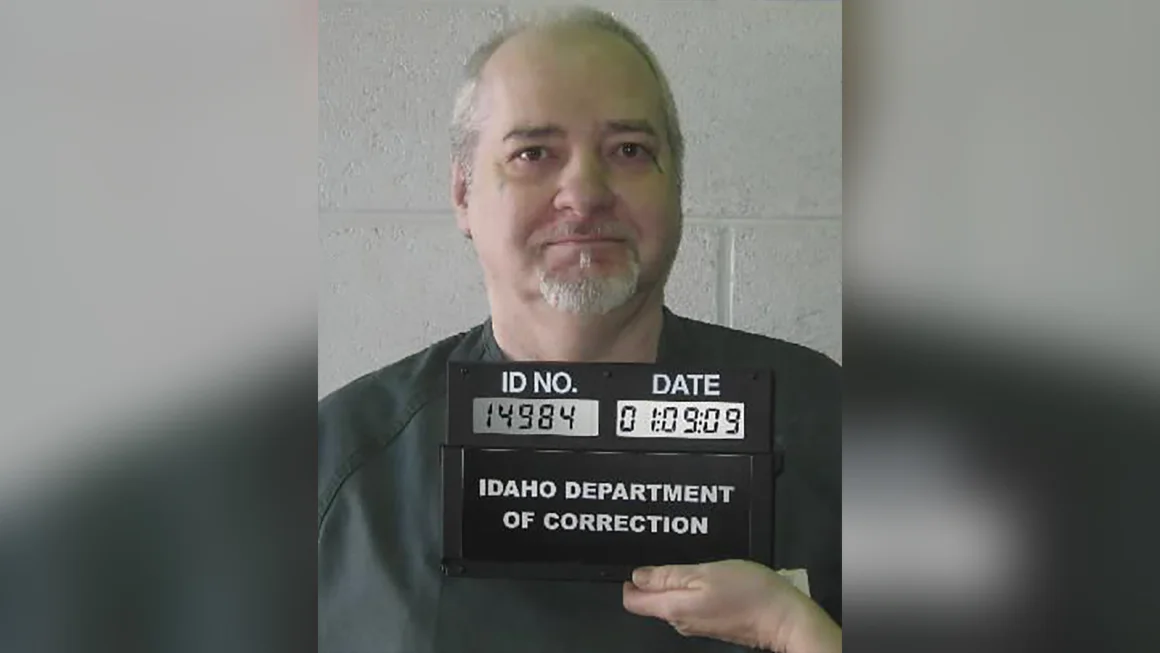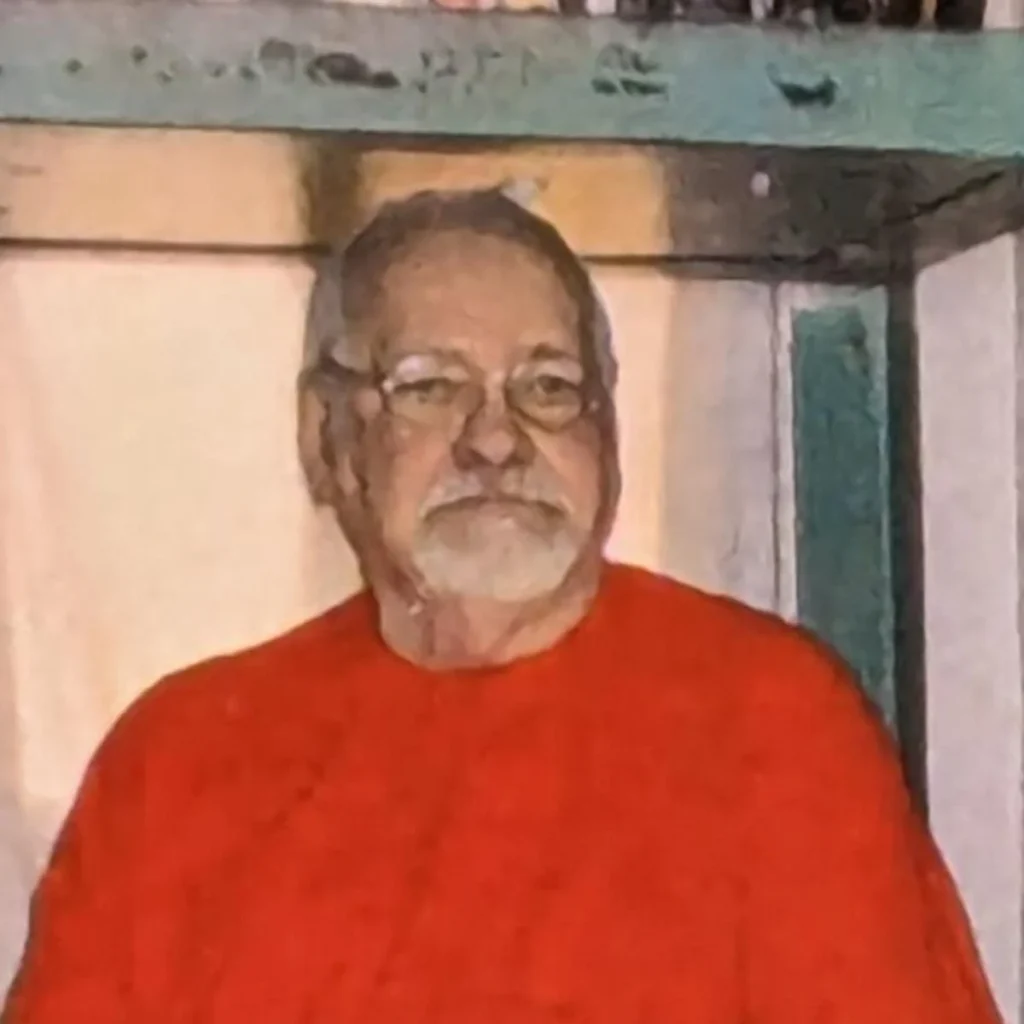Judge Grants Stay of Execution for Idaho Serial Killer
- November 10, 2024
- 0
In a surprising turn, federal Judge G. Murray Snow has granted a stay of execution for Idaho serial killer Thomas Creech, just a week before he was scheduled
In a surprising turn, federal Judge G. Murray Snow has granted a stay of execution for Idaho serial killer Thomas Creech, just a week before he was scheduled

In a surprising turn, federal Judge G. Murray Snow has granted a stay of execution for Idaho serial killer Thomas Creech, just a week before he was scheduled to die. This decision comes months after a botched execution attempt left Creech traumatized, prompting his attorneys to argue that another attempt would amount to cruel and unusual punishment.
Botched Execution Prompts Legal Intervention
Creech, 74, was scheduled to be executed following a conviction for the murder of David Dale Jensen in 1981, while Creech was serving four life sentences. Known for his violent history, Creech had also admitted to killing as many as 40 people. The killer has been on Idaho’s death row since 1982. In February, however, Idaho’s Department of Correction encountered multiple complications in their attempts to establish an IV line for the lethal injection, ultimately abandoning the attempt after nearly an hour.
The botched attempt involved the medical team trying to find viable veins on Creech’s arms, hands, and ankles. Despite eight separate efforts, every vein ultimately collapsed, preventing the team from proceeding. The failure has now become a central issue in a renewed legal battle.
Defense Cites Cruel and Unusual Punishment
Creech’s legal team argues that attempting to execute him again, after the traumatic February ordeal, would be tantamount to torture. Attorneys highlighted that Creech was left physically and emotionally scarred by the failed execution. In their October petition, they described the attempts to establish IV lines as “cruel and unusual punishment” and asserted that another attempt would represent “torture and a lingering death.”
His attorneys further argued that a second attempt at execution would violate double jeopardy principles, adding a complex legal layer to an already sensitive case.
Judge Snow’s Decision
After considering Creech’s appeal, Judge Snow ultimately granted the stay, noting the need for additional time to assess Creech’s claims. The judge’s decision came just days before the Idaho Supreme Court denied Creech’s request for clemency, which would have also prevented his execution. Creech now has until Friday to file an additional brief outlining his arguments against further execution attempts.
Meanwhile, the current death warrant against him is set to expire on Wednesday. Idaho’s Department of Correction has confirmed that preparations for a second execution have been suspended.
Falling Veins and Procedural Concerns
The February execution attempt highlighted a broader procedural issue for lethal injections, as states around the country have struggled with similar execution methods. Josh Tewalt, Idaho Department of Correction Director, detailed the difficulties experienced by the team, stating that the repeated failures left them uncertain about their ability to administer lethal chemicals. The lack of confidence in the IV lines ultimately led to the execution’s suspension.
Tewalt explained that the process faced a “vein quality issue,” adding that it raised concerns about whether the IV could sustain the flow needed for the drugs.
Execution Controversies in Idaho
Idaho has rarely carried out death sentences. Since 1976, only three executions have taken place in the state, according to the Death Penalty Information Center. Creech’s case, however, has rekindled the debate over the death penalty, with advocates on both sides vocalizing their concerns.
For Creech, the long duration he has spent on death row, coupled with the traumatic experience of a botched execution, has provided his attorneys with ammunition for their arguments against the death sentence. Supporters of the death penalty argue that justice should be served regardless, pointing to Creech’s violent past and multiple murders.
Legal and Ethical Implications of Multiple Execution Attempts
The decision to grant Creech a stay of execution raises ethical questions about the death penalty’s implementation. Legal scholars suggest that the Creech case reflects growing concerns about the death penalty process, particularly when it comes to safeguarding against “unusual punishment.”
Dr. Helen Brooks, a criminal justice professor, noted that repeated execution attempts are extremely rare but could become a larger legal issue. “Cases like Creech’s highlight the physical and emotional toll of botched executions, raising concerns about whether certain protocols are inhumane by nature,” Brooks commented.
Future of Creech’s Case and the Death Penalty in Idaho
With Creech’s second execution attempt on hold, Idaho’s death penalty process faces heightened scrutiny. The Department of Correction has announced that, given the stay, preparations for another execution have been paused indefinitely. Meanwhile, the expiration of Creech’s current death warrant could set back efforts to reschedule his execution.
For now, Creech’s case remains pending, as his legal team continues to argue that any further attempts to carry out his sentence would constitute cruel and unusual punishment. With Judge Snow set to review additional arguments later this week, Creech’s future remains uncertain, underscoring the complex moral and legal questions surrounding capital punishment.